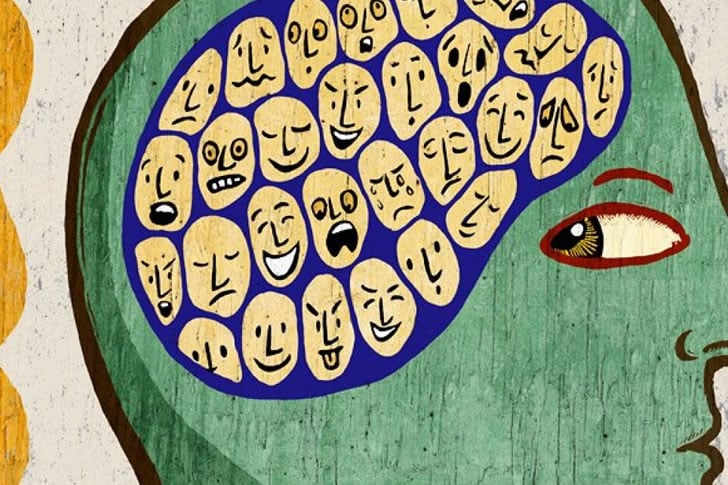Schizophrenia is a severe mental disorder affecting many aspects of an individual's life.

Schizophrenia is a chronic and severe mental health disorder that affects how a person thinks, feels, and behaves. It is characterized by delusions, hallucinations, disorganized speech, and a diminished ability to function in daily life. The exact cause of schizophrenia isn't known, but a combination of genetics, brain chemistry, and environment likely plays a role.
Understanding the symptoms of schizophrenia is crucial for early diagnosis and treatment. Symptoms typically fall into three categories: positive, negative, and cognitive symptoms.
Positive symptoms refer to the presence of abnormal behaviors and experiences that aren't present in healthy individuals. They include:-
Negative symptoms relate to the absence or decrease of normal functions and behaviors, they include:-
Cognitive symptoms affect memory and thinking processes, and can include:-
Treatment for schizophrenia usually involves a combination of medication, therapy, and social support tailored to the individual's needs. Early intervention is often crucial for better outcomes.
Medications are a cornerstone of treatment for schizophrenia and help manage symptoms. The primary types of medications include:
Therapy complements medication and assists with coping strategies and skills development. Types of therapy include:
Building a robust support system is vital for managing schizophrenia.-
Living with schizophrenia can be challenging, but certain strategies can help manage daily life:
Maintaining a daily routine can provide stability and predictability. Break tasks into manageable steps and use tools like calendars and reminders.
Stress can exacerbate symptoms, so it's crucial to develop stress management techniques such as mindfulness, meditation, deep breathing exercises, and engaging in enjoyable activities.
Adherence to prescribed medication is vital for symptom management. Use a pill organizer and set reminders to ensure consistent medication intake.
If you have a loved one living with schizophrenia, your support is crucial. Offer patience, understanding, and encouragement. Educate yourself about the disorder, avoid judgmental language, and encourage regular medical appointments and therapy sessions.
Understanding schizophrenia involves recognizing its symptoms and knowing the treatment options available. Early intervention and a comprehensive treatment plan tailored to the individual's needs can significantly improve the quality of life for those affected by this complex disorder. By fostering a supportive and informed environment, we can help those living with schizophrenia navigate their daily challenges more effectively.
Explore the Tranquil Bliss of Idyllic Rural Retreats

Ultimate Countdown: The 20 Very Legendary Gaming Consoles Ever!

Understanding Halpin and its Influence

Affordable Full Mouth Dental Implants Near You

Discovering Springdale Estates

Illinois Dentatrust: Comprehensive Overview

Embark on Effortless Adventures: Unveiling the Top in Adventures Made Easy Outdoor Equipment

Unveiling Ossur Valves: Innovation in Prosthetics

Unlock the Full Potential of Your RAM 1500: Master the Art of Efficient Towing!
